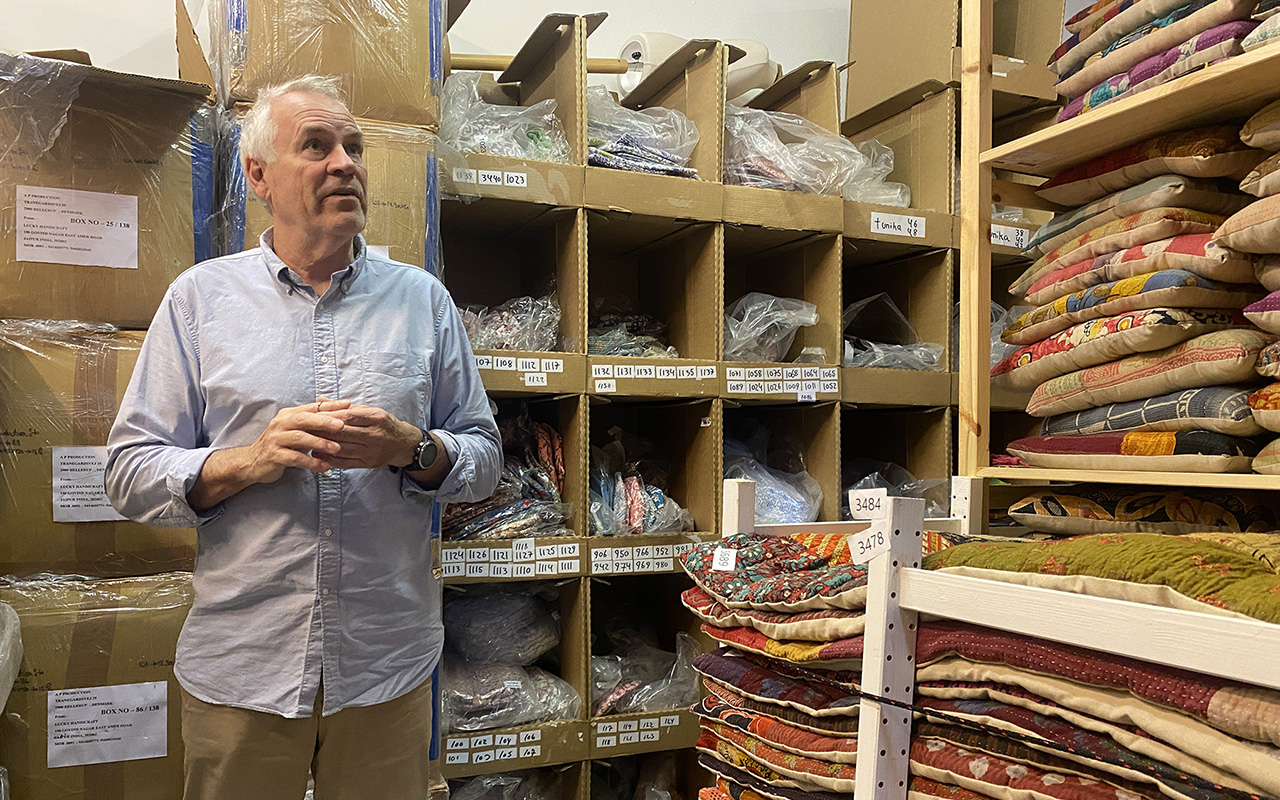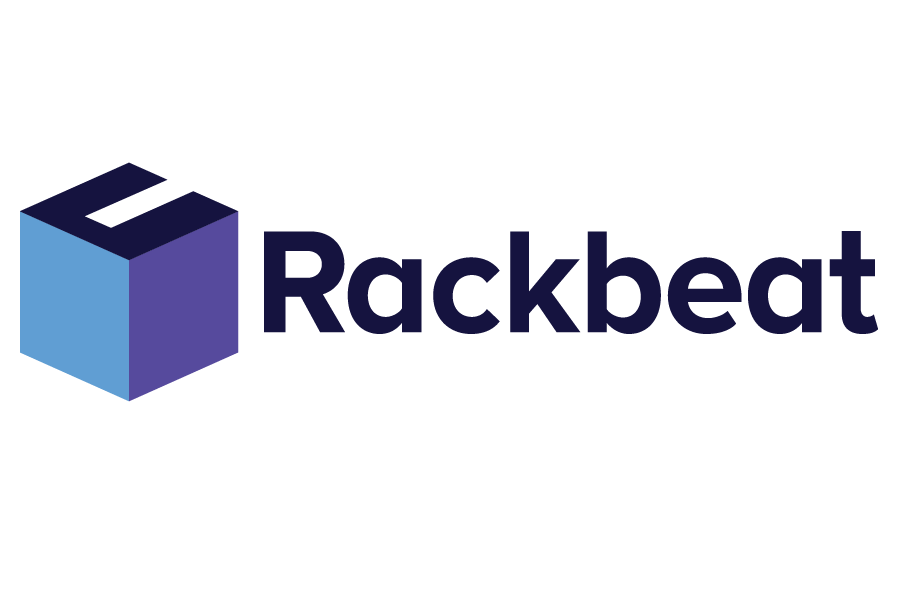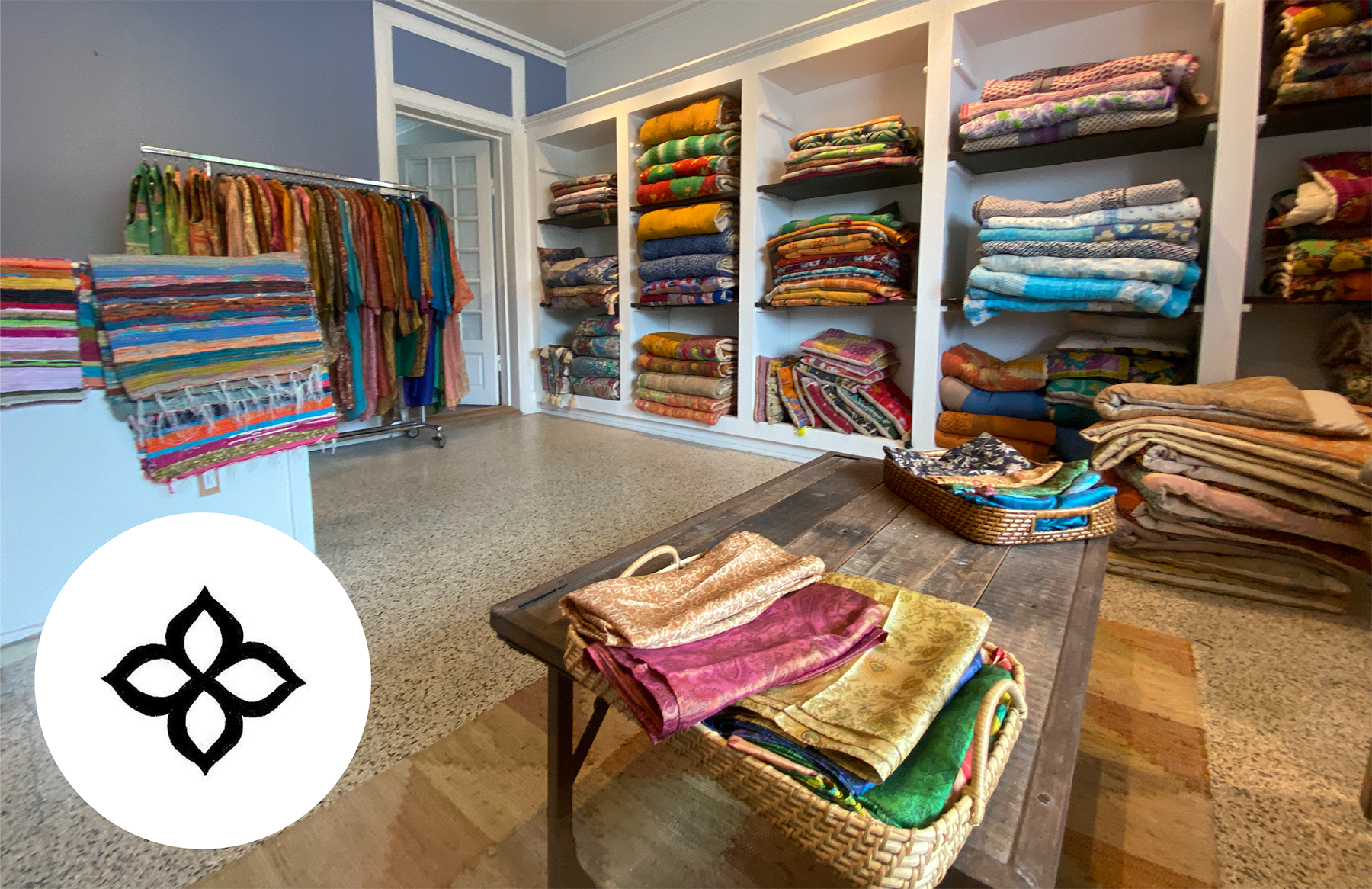The Close-Knit Connection Between India and Denmark
In a shop just north of Copenhagen, Henrik and his partner Anjali run the business Masala, where they sell unique textile products such as clothing, cushions, and bedding from India. It all started as a hobby project 15 years ago, but today it is a full-time occupation for the couple, who have managed to create a successful business by combining creativity and business acumen.
The daily operations require close collaboration with key suppliers throughout India.
Anjali creates the desired designs, which are sent to a supplier, who then receives the handwoven fabric from various local subcontractors, after which the finished products are transported to Denmark:
“We make measurement charts, and then samples are sent back and forth, and we receive samples to ensure that we get exactly what we want,” explains Henrik.
This thorough process, which often takes place over several stages when developing new products, can seem daunting, especially with only four hands running the business.
A Small Team with Many Responsibilities
Running Masala means that Henrik and Anjali have to take on many hats: “Well, you’re looking at the man who does everything; we have no accountant or auditor, I handle it all. We do the bookkeeping every morning, so the accounts are updated daily,” says Henrik.
Besides the physical store, the webshop, and about 100 wholesale customers, they also have to manage three different storage spaces: “We have about 200 square meters spread across two warehouses here, and then we have the transporter in Glostrup at the buffer warehouse.”
Despite the many challenges, the duo manages to keep an overview of their roughly 5000 products: “I think we have nearly 5000 products in our webshop at the moment. We have a lot of products. We work with unique products – a nightmare to keep track of.”
But Masala’s inventory management can’t rely on elbow grease and manual labor alone.
Therefore, in addition to an accounting system, POS, and webshop, a solid inventory system is needed to keep track of all purchases, stock levels, and invoices. And Masala had that.
Until it shut down…

Transition to Rackbeat: From Skepticism to Success
Henrik was close to a breakdown when he was informed that their inventory system from e-conomic would cease to exist:
“I was about to jump out the fourth-floor window when you told us that e-conomic’s Warehouse was shutting down back then, and we had to switch to Rackbeat.”
But the transition turned out to be quite smooth, as Rackbeat was easy and intuitive for Henrik to work with:
“I tested it first, and it has been very painless. And Rackbeat is very similar to e-conomic in its user interface and the tasks you work with. Rackbeat has worked from day one, so we are very satisfied.”
This smooth transition from one inventory system to another means that Rackbeat has now become part of the core of Masala’s operations: “We use Rackbeat across the board: from inventory management and purchasing to invoicing – everything! It is our nerve, you could say.”
Henrik also highlights the support, which is ready to assist when questions arise regarding workflows:
“I’ve contacted your support five times since November, approximately. It hasn’t been much. The people in your support team know what they’re talking about – it’s a pleasure. And it’s free support, which is certainly not the case when we looked at many of your competitors.”
So it’s safe to say that Rackbeat has gone from being nerve-wracking to being the very nerve of Masala. The business is growing, so the future looks bright.
But should Henrik unexpectedly lose his desire to run the business, there’s always an open position in Carlsberg Byen at Rackbeat:
“I’ve been working with Rackbeat since November, and I actually think I’m pretty good at it. So just give me a call if you need any help.”



